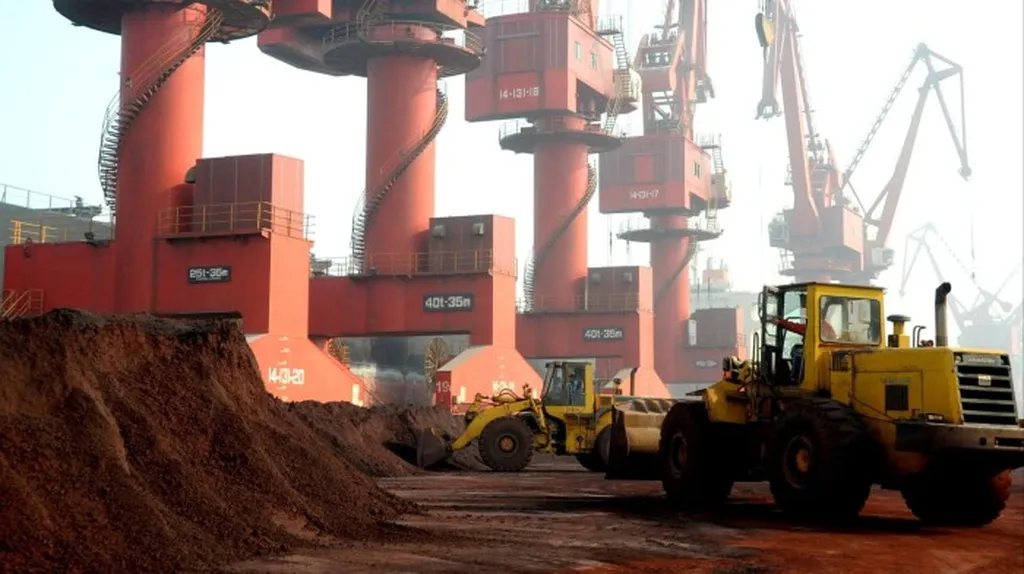In the heart of China’s Jiangsu province, researchers are turning the tables on food waste, transforming vegetable scraps into a powerhouse for soil health and climate resilience. Kwesi Ewudzie Quansah, a scientist at the Huaiyin Institute of Technology, is leading the charge, exploring innovative ways to valorize vegetable residues that could reshape agriculture and energy sectors.
Quansah’s work, published in the journal *Frontiers in Soil Science* (translated as *Frontiers in Soil Science*), shines a spotlight on the often-overlooked potential of vegetable residues. “These residues are not just waste,” Quansah asserts. “They are a valuable resource that can enhance soil fertility, reduce our dependence on synthetic fertilizers, and even contribute to renewable energy production.”
The traditional methods of disposing vegetable residues—landfilling and incineration—are not only wasteful but also environmentally harmful. Quansah’s review highlights sustainable alternatives like composting, vermicomposting, anaerobic digestion, and biochar production. These methods can convert vegetable residues into nutrient-rich soil amendments and renewable energy, fostering a circular agriculture system.
One of the most promising aspects of this research is its potential to boost the energy sector. Anaerobic digestion, for instance, can produce biogas—a renewable energy source—while simultaneously creating a nutrient-rich digestate that can be used as a soil amendment. “This is a win-win situation,” Quansah explains. “We can reduce waste, improve soil health, and generate clean energy, all in one go.”
However, the path to widespread adoption is not without challenges. Heavy metal contamination, technical constraints, and adoption barriers are significant hurdles. But Quansah is optimistic about recent advances that could overcome these limitations. “Emerging technologies like microbial inoculants, enzyme-based pretreatment, and AI-driven management systems offer promising solutions,” he says.
The implications of this research extend beyond the farm. As the world grapples with climate change and resource depletion, innovative residue management practices could play a pivotal role in building resilient agricultural systems. Moreover, the energy sector stands to gain from the renewable energy sources derived from these processes.
Quansah’s work is a testament to the power of circular agriculture, demonstrating how waste can be transformed into a valuable resource. As he puts it, “The future of agriculture lies in our ability to valorize what we currently consider waste.” With continued research and innovation, this vision could soon become a reality, reshaping the agricultural and energy landscapes for the better.
In the meantime, Quansah’s review serves as a call to action, urging stakeholders to embrace sustainable residue management practices. As published in *Frontiers in Soil Science*, this work is a significant step towards a more sustainable and resilient future. The ball is now in the court of policymakers, farmers, and energy sector leaders to take the baton and run with it.

